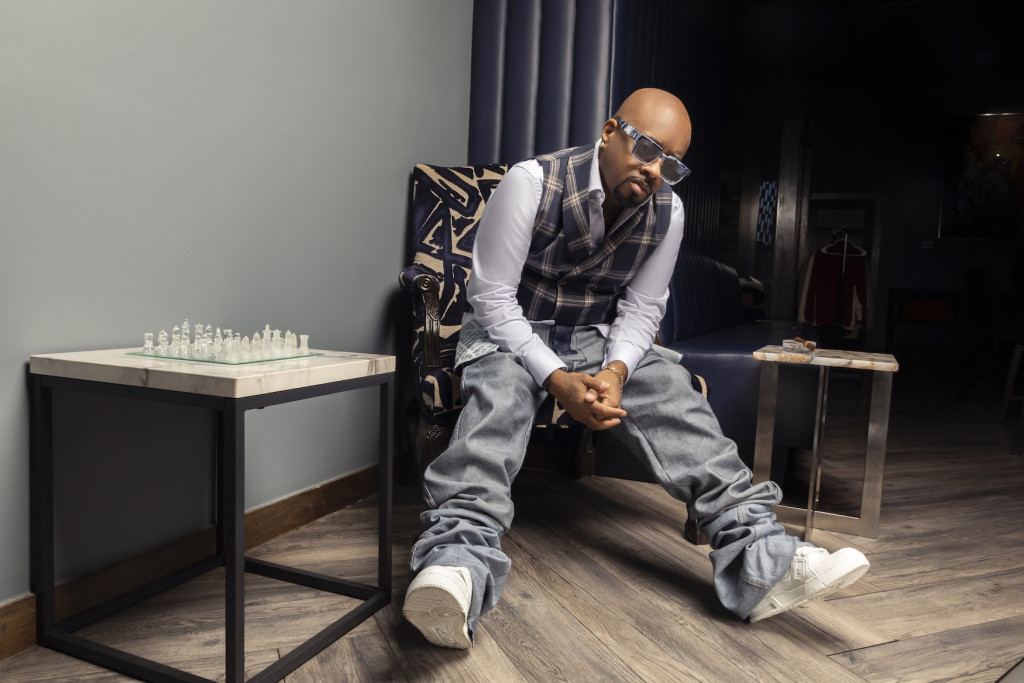The conversation around AI-generated music reached a new level this week, and Jermaine Dupri wants everyone to pause before calling it innovation.
The legendary producer took to X to question the rise of Xania Monet, the AI-generated R&B artist who recently became the first digital avatar to chart on the Billboard Hot 100. Monet’s breakout hit, How Was I Supposed To Know?, has garnered millions of streams and sparked a heated debate over artistry, authenticity, and ownership in Black music.
Dupri didn’t hold back:
“So let me get this right,” he wrote. “Years ago the industry found out that Milli Vanilli weren’t really the voices on their Grammy winning record and they were stripped of their Grammy, but now we’re getting ready to accept people who can’t even sing, creating songs for a fake person? How is this any different than Milli Vanilli?”
The comparison hit a cultural nerve.
In 1990, Milli Vanilli became a cautionary tale after it was revealed that the duo had not actually sung the vocals on their chart-topping album.
Their Grammy was rescinded, and the industry response was swift and unforgiving. Now, with an AI-generated “artist” not only charting but allegedly landing a reported $3M deal, the question Dupri poses lands differently:
If authenticity mattered then, why doesn’t it matter now?
So let me get this right , years ago the industry found out that Milli Vanilli weren’t really the voices on their Grammy winning record and they were stripped of their Grammy, but now we’re getting ready to accept people who can’t even sing, creating songs for a fake person ?…
— Jermaine Dupri (@jermainedupri) November 6, 2025
The creator of Xania Monet, Telisha “Nikki” Jones, is not a singer, but she is the writer. The AI voice is computer-generated, but the lyrics come from her own poems and personal experiences, including losing her father as a child.
Jones says she’s not trying to deceive anyone:
“I look at her like a real person,” she told CBS Mornings. “She’s an extension of me.”
She uses AI platform Suno to generate vocals and production presets around her writing. To Jones, AI is a tool, not a replacement for talent.
“I’m a Black woman. I’m a creator. I created Xania.”
R&B artists Kehlani and SZA have both criticized the rise of AI-generated performers, especially in a genre where emotion, voice, and lived experience are core to the sound.
Kehlani said:
“AI can make the entire song… Nothing and no one can justify AI to me.”
SZA echoed:
“Why devalue our music?”
There’s also an underlying cultural concern: Would this happen in other genres or is Black art being treated as “replicable” again?
Dupri’s post wasn’t just about Milli Vanilli. It was about what we consider real.
Is R&B just sound and structure — or is it soul?
If a computer can mimic tone, vibrato, and phrasing — but not lived experience — is the result still art?
And who gets credit when the artist is not human?
These are not just tech questions; they are cultural ones.
So while AI may be the future, the culture is asking: At what cost — and to whom?
This conversation is only beginning.




